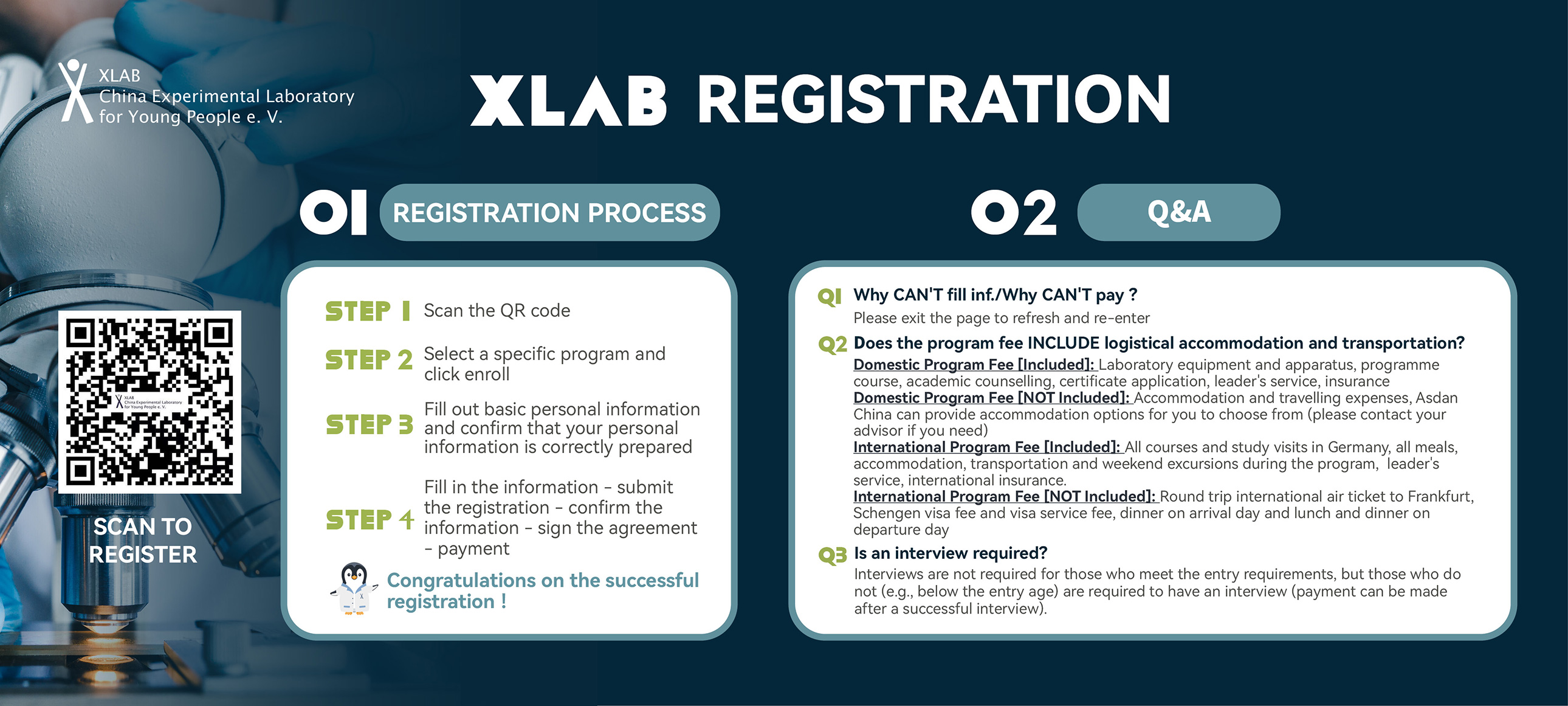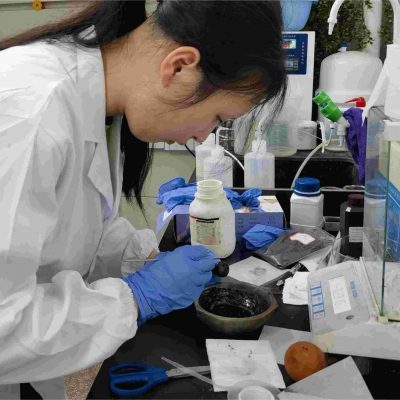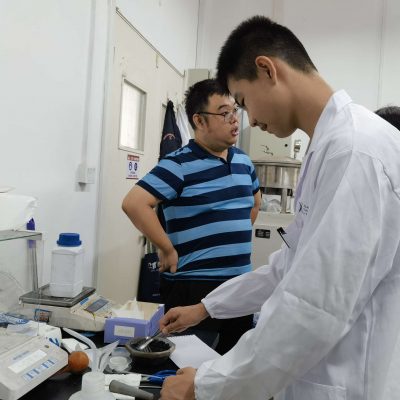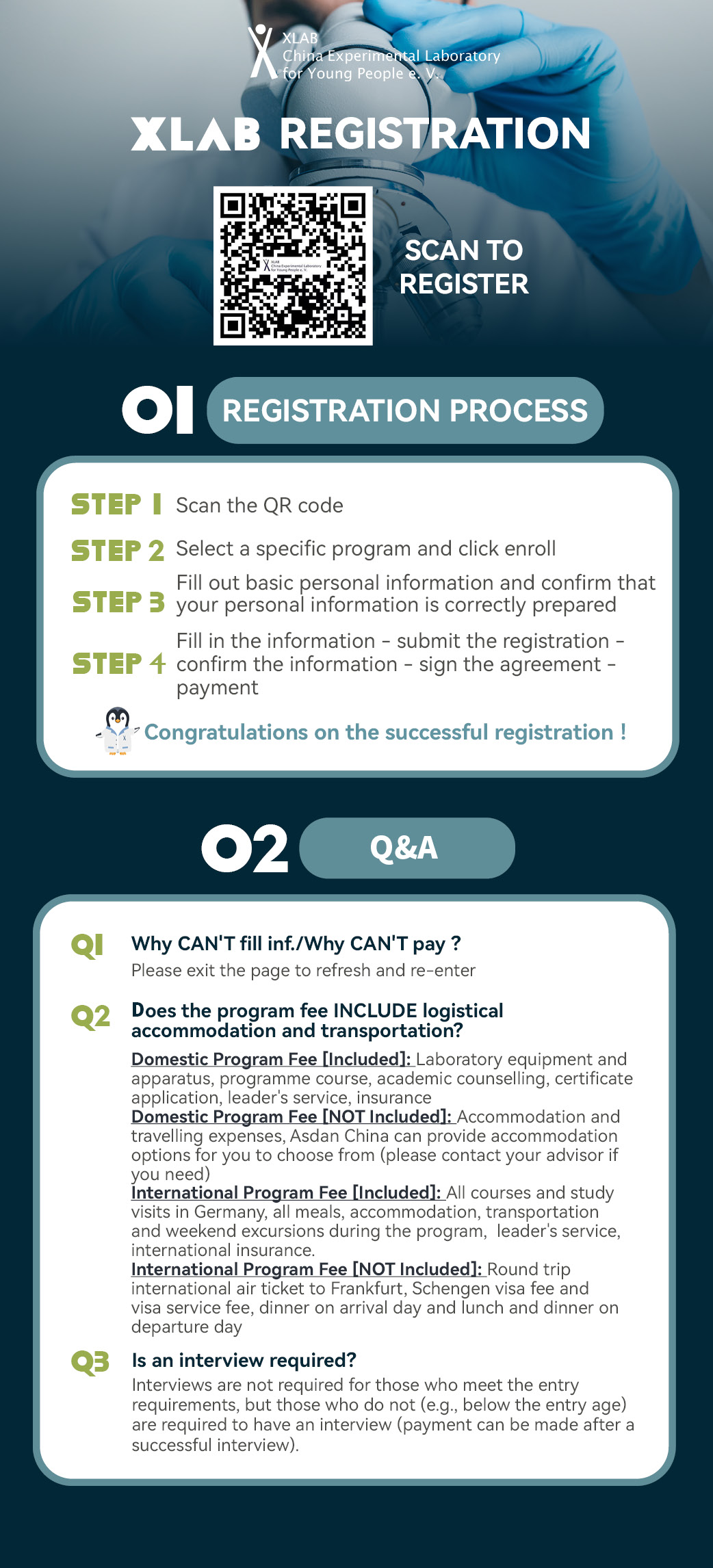Study of Physicochemical Processes in Carbon Dioxide Capture and Utilization
 Beijing
Beijing
Date: 【Winter】Feb.23rd - Feb.27th, 2026
Subjects: Physics, Carbon Storage Science and Engineering, Chemical Engineering, Energy Engineering
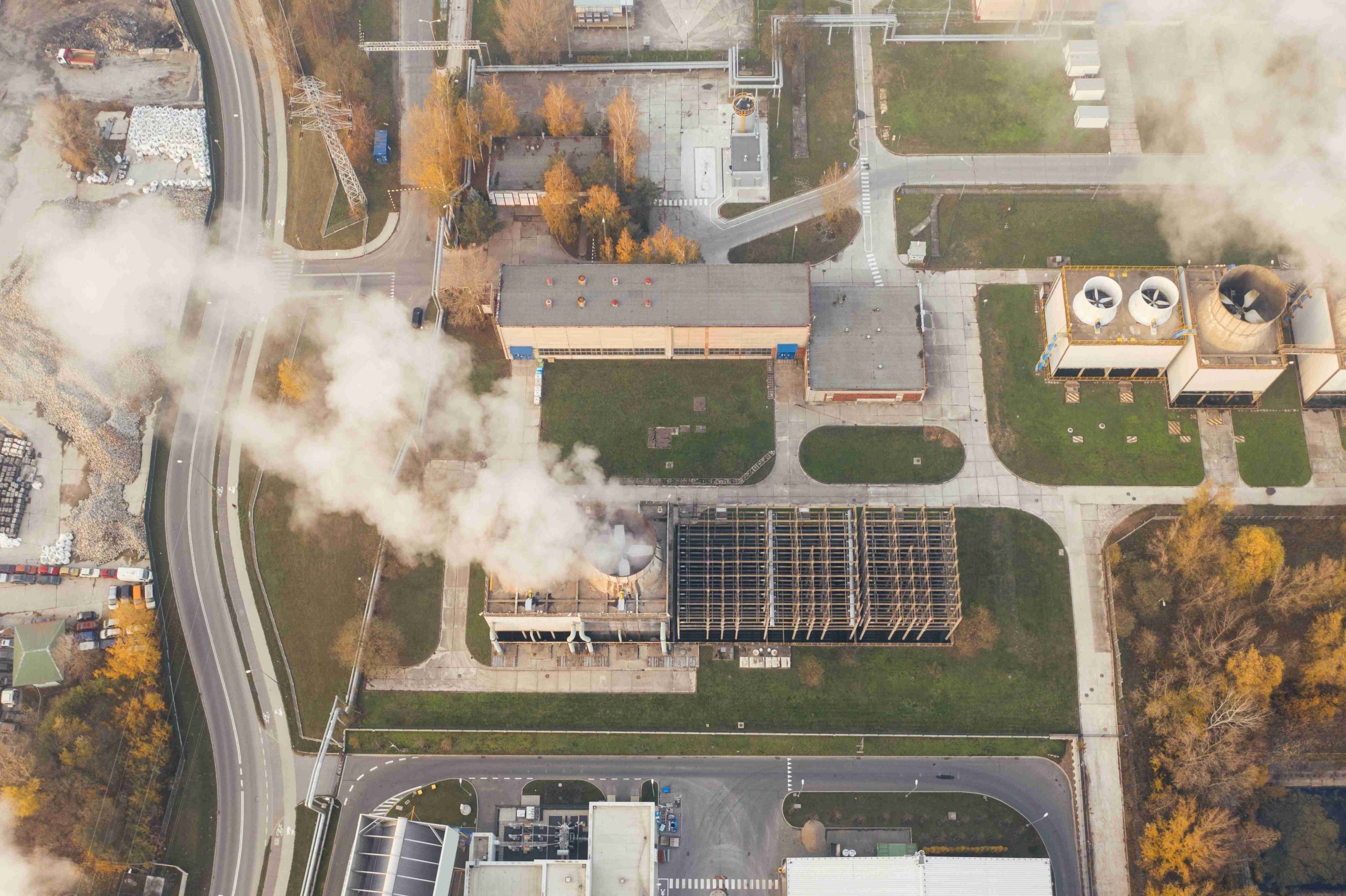
Carbon neutrality is net zero CO2 emissions, which means that the amount of CO2 emitted by human activities is balanced with the amount of CO2 absorbed by human activities within a certain period of time. The goal of peak carbon is to achieve a peak in carbon emissions in a given year, creating an inflection point at which carbon emissions shift from rising to falling. Peak Carbon is a prerequisite for achieving carbon neutrality, mainly by controlling total fossil energy consumption, controlling coal power generation and enduse energy consumption, and promoting cleaner and more efficient energy sources.
This program will lead students to learn about petroleum coke capture of carbon dioxide for testing and analyzing.
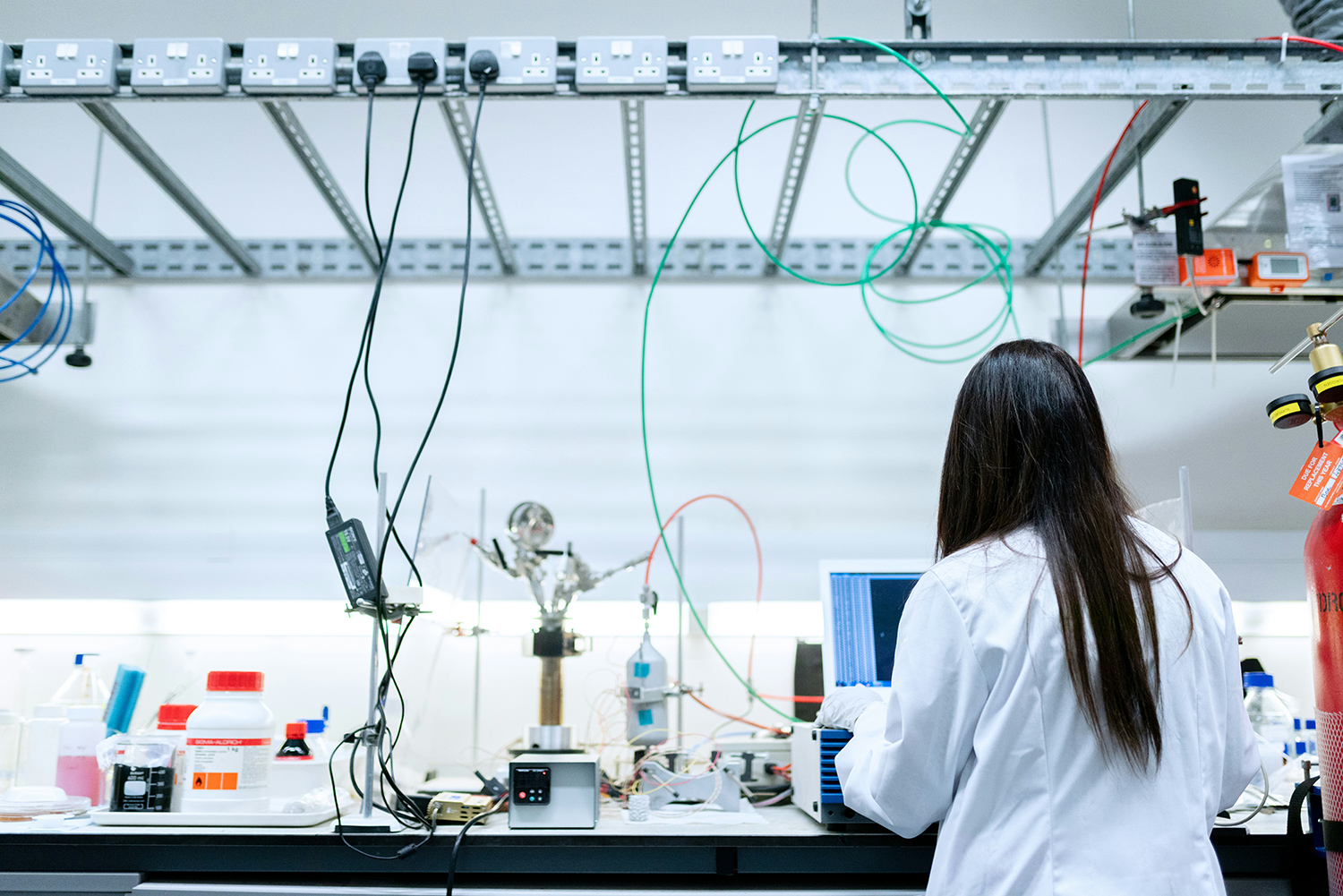
Teaching Faculty
Experts in energy from national research institutes are specially invited.

Cutting-edge Topics
Systematically learn the domestic and international carbon emission and carbon neutral technologies.
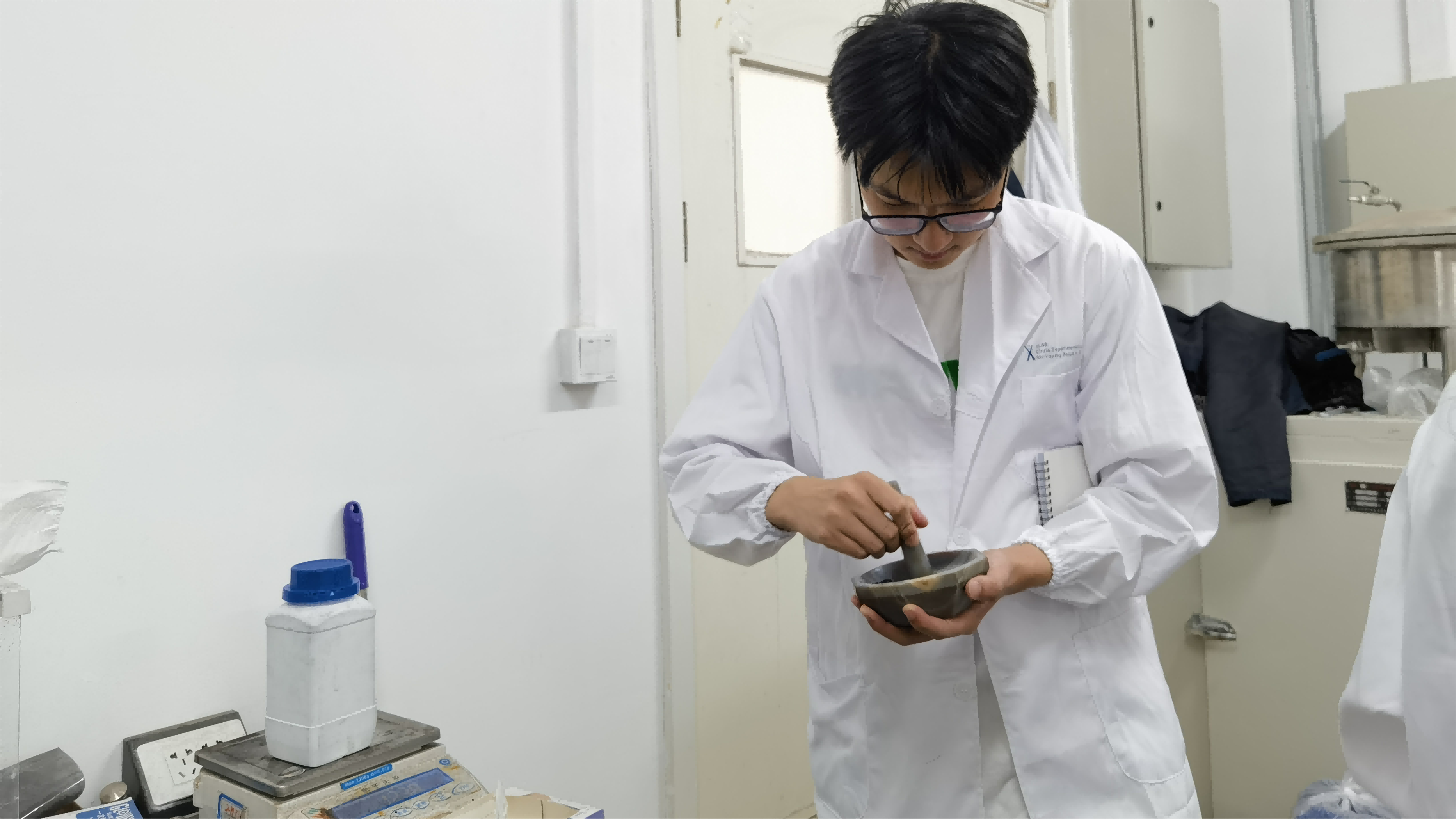
Real Lab Practice
Solid state infrared test, thermogravimetric test, etc.

Outcome Application
Research outcomes for improving the current situation of traditional domestic energy sources.
Main Experiments
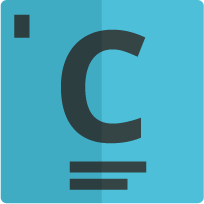
CO2 Capture
Mass Spectrometry
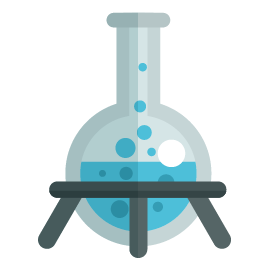
Thermogravimetric Analysis
Gas Chromatography
CO2 Capture
Mass Spectrometry
Thermogravimetric Analysis
Gas Chromatography
Certificates
).png)
CERTIFICATE OF ASDAN SCIENCE
ASDAN SCIENCE SHORT COURSES CREDIT ACCREDITED BY UCAS

CERTIFICATE OF COMPLETION ISSUED BY XLAB CHINA

Feedbacks
-

This experience taught me how to organize data, draw mathematical graphs, and create academic PPTs. Even when driven by the desire for success and fear of failure, I understood that the outcome and gains from this experience are more than merely certificates that will be useless in the future. I gained meticulous logic and rigor for future research, planning skills for handling significant tasks, and direction for enhancing my leadership abilities.—— WLSA Shanghai Academy, Student Xie

-

What benefited me most was the experiments in a CAS (Chinese Academy of Sciences) laboratory, a once-in-a-lifetime experience. I had the chance to operate many cutting-edge experimental instruments in the lab. Collaborating with my group members highlighted the importance of teamwork as we discussed various issues and shared our insights throughout the experimental process. I also gained a solid understanding of the dual-carbon strategy and its significance, which has greatly benefited me.—— A-Level Center of Zhenhai High School, Student Ying

-

We learned about carbon neutrality and peak carbon dioxide emissions, gaining an initial understanding of the future landscape of global environmental protection. Through this study, we discovered methods for capturing carbon dioxide. The experiment on capturing carbon dioxide using petroleum coke taught us practical approaches to managing CO2 emissions. This experience also helped me clarify my future direction—I am now determined to dedicate myself to working towards global environmental protection.—— Ealing International School, Student Li

Photo Gallery
Why Us
History
XLAB has a 20+ year history. It was initiated by Professor Neher of the University of Göttingen in Germany and strongly supported by the German government and the University of Göttingen. XLAB, centered around high-end scientific experiments, is widely favored by over 10,000 students yearly. XLAB has established practice centers worldwide, aiming to expand this unique concept and teaching method to reach more students.
XLAB aims to enable more people to learn and experience the joy of science, encouraging them to explore the mysteries of science and consider how to use science to solve human problems. Therefore, XALB's subjects are generally more complex in physics, biology, or medicine. Instead, they focus more on interdisciplinary, cutting-edge topics such as genetic engineering, medical research, nanobiology, medical chemistry, high-energy physics, and more.
Subject
Experiment
Experiments are the core of the XLAB. Each participant can enter advanced laboratories to conduct safe experiments, analyze data, and write experiment reports. Over six hours of scientific research daily enhances students' scientific knowledge and logical thinking and cultivates concentration and endurance. Students will be able to experience the work content and status firsthand and consider whether to choose a research direction in future education.
The courses in XLAB are unique. They consist of four key modules: Subject Introduction and Program Thinking, Scientific Research Teaching, Laboratory Operations, Experimental Data Analysis, and Research Report Writing. All courses are taught in small groups of 10 to 25 students.
Course
Faculty
Experts are invited to design experiments and teach students since the topics and content of XLAB exceed the curriculum of high schools and are specialized in specific research areas. Relevant scientific research institutions support XLAB China and provide an in-depth academic experience for Chinese students based on its unique teaching methods and experimental requirements.
Two authoritative certificates are available: the XLAB Program Certificate of Participation, which details the experimental content and is signed by instructors. Students will complete an academic report containing experimental results and data analysis to apply for the ASDAN "Science Award" Certificate for 30 credit hours of study officially accredited by UCAS.
Certificate
Research
XALB provides invaluable research scenarios for students who plan or are currently engaged in natural science research-oriented learning, such as EPQ or scientific papers, to implement their research plans and participate in hands-on scientific research. Experimental reports can be considered as part of their research achievements.

